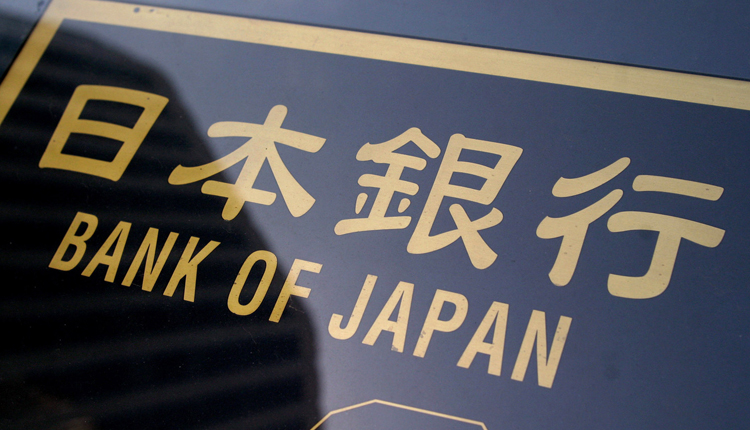The Bank of Japan maintained its upbeat economic assessment for all nine regions of the country on Monday and its governor voiced confidence that inflation will head toward his 2 percent target, suggesting that monetary policy will be on hold for the time being.
In a quarterly report on regional conditions, the central bank said all areas were either recovering or expanding thanks to robust overseas demand, a tightening job market and improving private consumption.
“Japan’s economy is expected to continue expanding moderately,” BOJ Governor Haruhiko Kuroda said in a speech at the quarterly meeting of regional branch managers.
Kuroda also reiterated the BOJ will maintain its ultra-loose policy until inflation hits its 2 percent target.
The BOJ revised up its assessment on capital expenditure for three of the nine regions, saying many companies have ramped up spending on plant and equipment to streamline operations as they struggle to hire employees in a tight job market.
“The overall view is that a positive mechanism remains in place in Japan’s economy,” a BOJ official said in a briefing on the report.
But some firms pointed to risks such as rising costs from labor shortages and the impact of escalating trade frictions between the United States and China, the official said.
Heavy rain in western Japan recently also could have an impact on plant operations and goods distribution, though the overall effect on the economy was still unknown, the official added.
Rescuers dug through mud and rubble on Monday, racing to find survivors after torrential rains unleashed floods and landslides that killed more than 100 people, with dozens missing.
More than five years of heavy money printing have helped reflate the economy but failed to fire up inflation, which remains well below the BOJ’s ambitious target.
Under a yield curve control policy adopted in 2016, the BOJ currently pledges to guide short-term rates at minus 0.1 percent and the 10-year government bond yield around zero percent.
The BOJ’s regional report is among factors the central bank will scrutinize at its next rate review on July 30-31.
Japan’s government forecast last week that the economy will grow faster than private-sector projections in fiscal 2019, with exports, consumption and capital spending expected to offset the hit from a planned sales tax hike next year.


